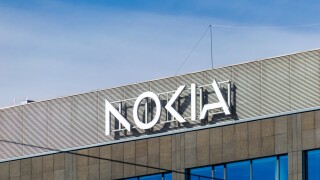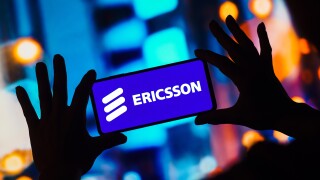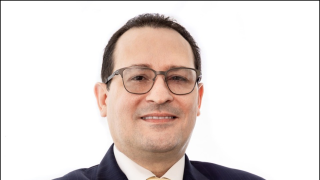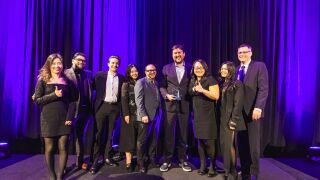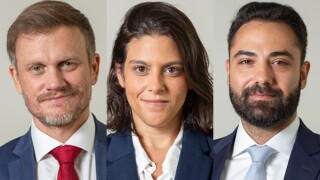Brazil
The Via members, represented by Licks Attorneys, target the Chinese company and three local outfits, adding to Brazil’s emergence as a key SEP litigation venue
McKool Smith and Licks Attorneys are acting in the dispute, which alleges infringement of patents covering video-related technologies
The LMG Life Sciences Americas Awards is thrilled to present the 2025 shortlist
In-house counsel explain why firms should provide risk management advice that helps them achieve their goals
Sponsored
Sponsored
-
Sponsored by Daniel LawIt is not uncommon to hear that design protection is often underestimated or even forgotten compared to other forms of IP, like trademarks, patents, and copyright. In Brazil, that seems to be the case when you compare the average of 6,000+ design applications filed annually, with the 245,000+ trademarks and 28,000+ patents filings.
-
Sponsored by Daniel LawBrazil is one of the newest members of the Madrid Protocol. It has been part of the protocol since October 2 2019. An international system was long overdue and less than 10 months in it has received 5,500+ BR designations, covering 13,300+ classes.
-
Sponsored by Daniel LawBrazil's legal system provides several options for IP owners to enforce their rights. Trade dress protection is not expressly foreseen in our law but falls within general unfair competition rules which basically forbid competitors to fraudulently divert third parties' clientele.
-
Sponsored by Daniel LawAmid the massive public health crisis caused by the fear of the spread of COVID-19, economies and societies around the world are facing hardship, with entire businesses brought to a sudden halt.
-
Sponsored by Daniel LawOn October 2 2019, Brazil joined the Madrid protocol. The success of this can be proven by numbers.
-
Sponsored by Daniel LawThe Brazilian PTO celebrated a remarkable achievement at the beginning of the new year. In just four months, the office managed to reduce the patent backlog by 14%. Further important milestones towards eliminating the backlog for good are expected to be reached throughout the year, as the office intends to reduce the backlog by 80% by 2021. This was all possible due to a pioneer project called the Preliminary Standardized Office Action Program, implemented in September 2019. Once the project is successfully completed, the PTO estimates it will take under 24 months to examine new applications.

